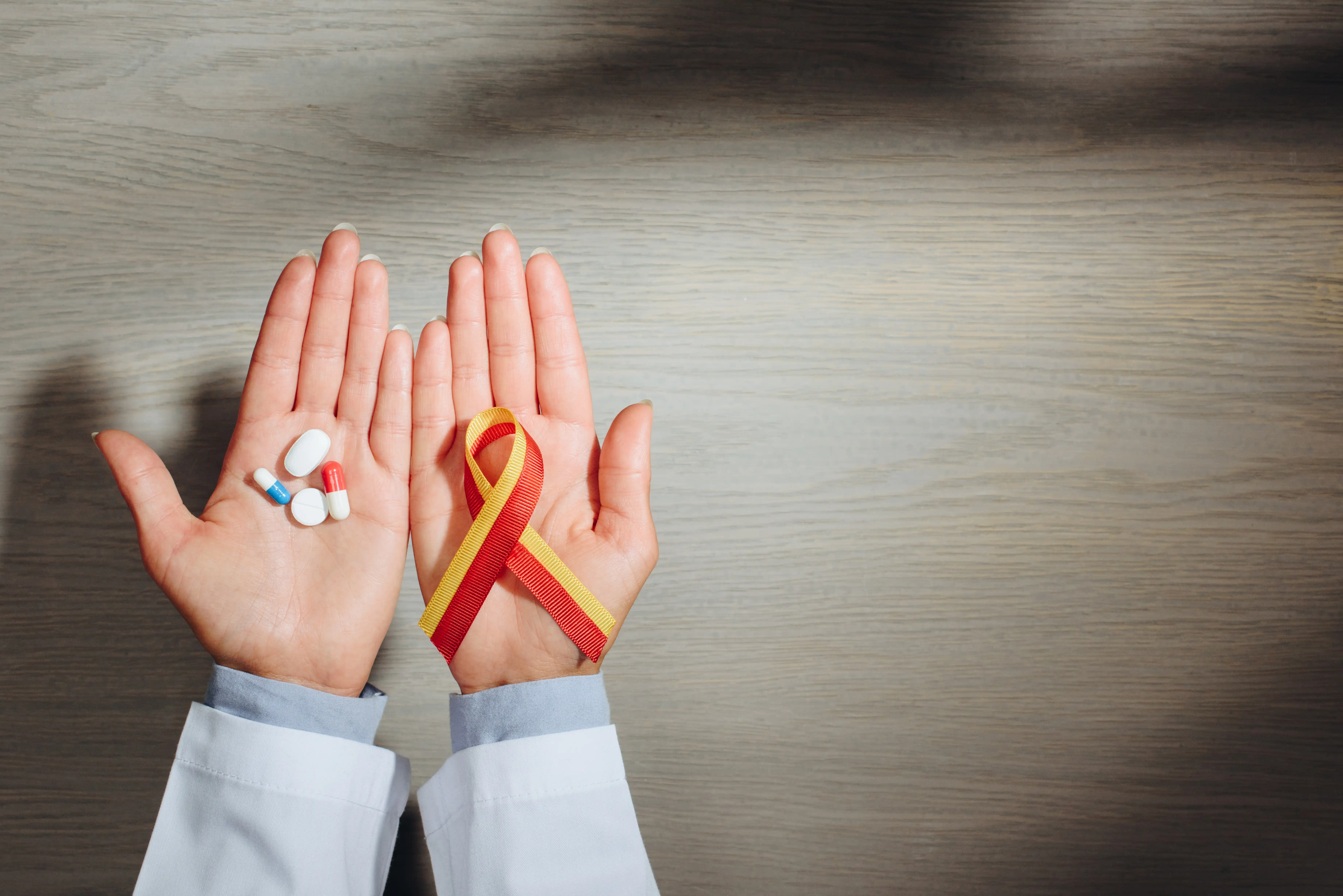The Unseen Burden of Substance Use Disorders in Cancer Treatment
Traditionally, cancer care has focused primarily on tumor biology, chemotherapy, radiation, and surgical options. However, research has shown that substance misuse, such as self-medication with opioids, alcohol, or benzodiazepines, can derail these advanced treatments. Many patients do not disclose their substance use due to fear or shame, contributing to an underrecognition of the problem. This leads to nonadherence to treatment regimens and worsens symptoms like pain, fatigue, and emotional distress, further complicating the treatment process.

Studies have shown that cancer survivors are more likely to struggle with substance misuse than the general population, often due to factors like the psychological stress of a cancer diagnosis and exposure to prescription medications. SUDs frequently coincide with other behavioral health conditions like depression and anxiety, making them even more difficult to manage in cancer care.
Disproportionate Impact on Vulnerable Communities
Substance use disorders are not equally distributed among all populations, and neither is cancer incidence. Low-income communities and communities of color face barriers such as limited access to preventive care and inadequate cancer treatment, which also affect their access to SUD treatment. Additionally, these groups experience higher rates of co-occurring substance misuse, further exacerbating health disparities.
Cancer treatment becomes more challenging when patients from underserved populations also struggle with substance misuse. These individuals may face logistical barriers to treatment, such as unreliable transportation or lack of stable housing, and may not have access to culturally competent providers who can address both their cancer and substance misuse issues.
Why Current Practices Fall Short in Oncology Care
Despite increasing evidence, routine screening for substance use disorders remains inconsistent in oncology settings. Compared to pain management and emotional distress, SUD screening has not been incorporated into standard reimbursement and quality metrics. Many oncologists feel pressured to prioritize core cancer treatments and may avoid discussing substance misuse due to stigma or concerns about disrupting pain management plans.
Furthermore, many cancer centers lack behavioral health specialists or addiction psychiatrists, making it difficult to address substance misuse even when it is identified. The lack of consistent insurance coverage for SUD treatment in oncology further complicates efforts to implement widespread screening.
The Economic Case for Routine SUD Screening
There is a strong economic argument for incorporating SUD screening into cancer care. Untreated substance use disorders can drive up healthcare costs significantly by increasing hospitalizations, emergency department visits, and the need for additional treatments. By identifying and addressing SUDs early, oncology practices can reduce these costs and improve patient outcomes, aligning with value-based care models.
Incorporating SUD Screening into Quality Metrics
The solution lies in mandating SUD screening as a reimbursable quality measure, similar to the established protocols for pain and distress screening. This would encourage oncology teams to adopt routine screening for substance misuse, using validated tools like the Alcohol Use Disorders Identification Test (AUDIT) and the Drug Abuse Screening Test (DAST). Integrating these tools into electronic health records can streamline the process and ensure that screening becomes a standard part of cancer care.
Ensuring Equity and Access to Care
A comprehensive approach to SUD screening must consider the unique needs of vulnerable populations. Expanding Medicaid coverage for SUD treatment, as well as providing dedicated funding for cancer centers serving high-risk groups, is essential. Additionally, training healthcare providers in culturally competent and trauma-informed care can help overcome stigma and ensure that patients feel supported, not judged.
Addressing the social determinants of health, such as housing, food security, and mental health, can further support cancer patients struggling with substance misuse. By taking a holistic approach, healthcare systems can ensure that these patients receive the care they need for both their cancer and substance use disorder.
Navigating Implementation Challenges
To implement SUD screening effectively, oncology providers need education on how to discuss substance use with patients and how to connect them with appropriate resources. Overcoming privacy concerns and integrating behavioral health services into cancer care will also be crucial. Telehealth platforms can help expand access to addiction specialists, especially in regions with a shortage of in-person providers.
Routine substance use disorder screening in cancer care is essential for improving outcomes and reducing costs. By making it a standard practice, healthcare systems can help ensure that patients adhere to their cancer treatment, improve their quality of life, and achieve better health outcomes.
Conetcare understands the complexities of managing healthcare needs, especially for patients with ongoing conditions like cancer. We offer specialized support for individuals dealing with recovery and treatment management. If you or a loved one are navigating a cancer diagnosis or any health condition, Conetcare provides the care and assistance you need at home. Contact us today to learn more about our services.
